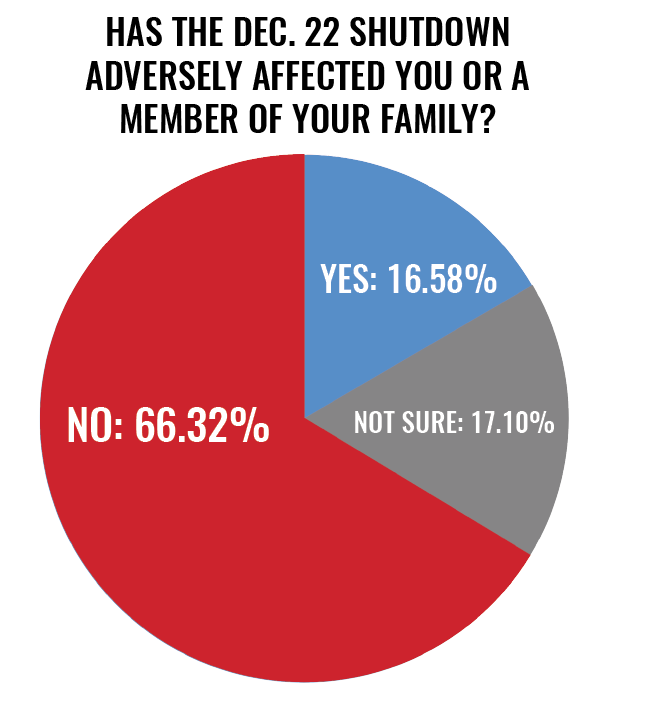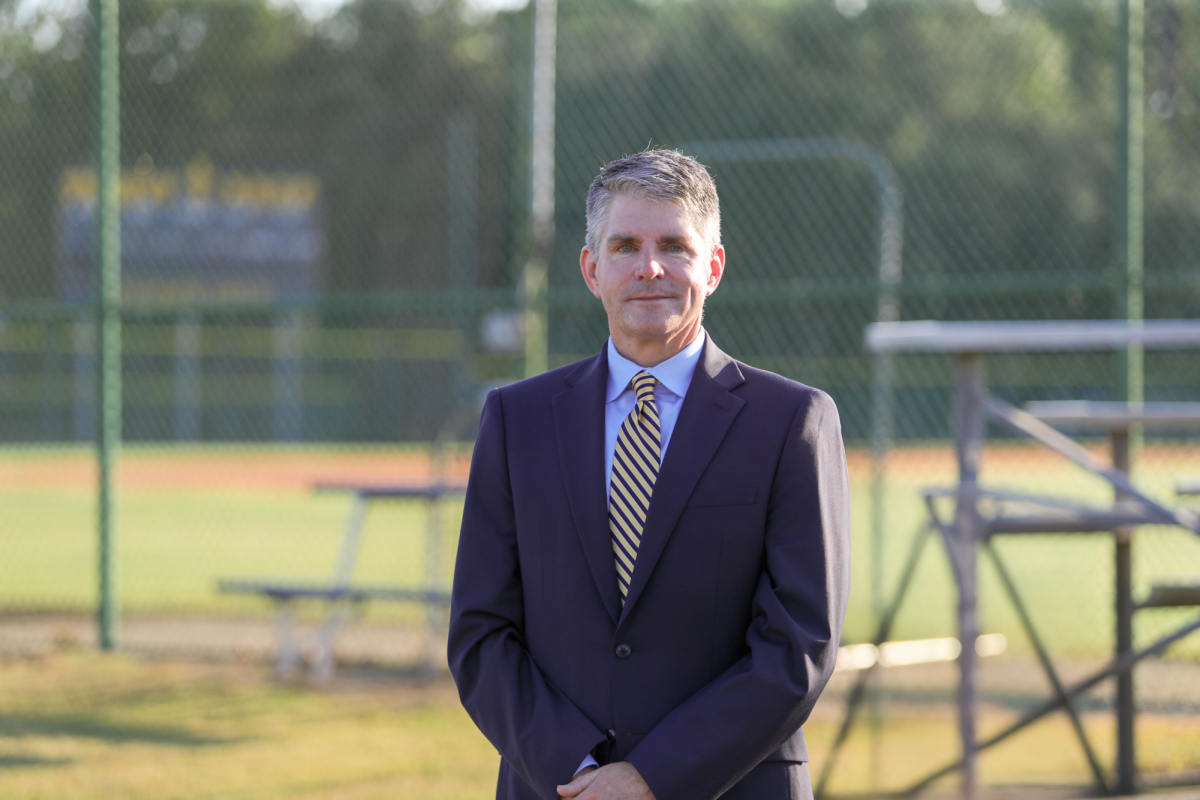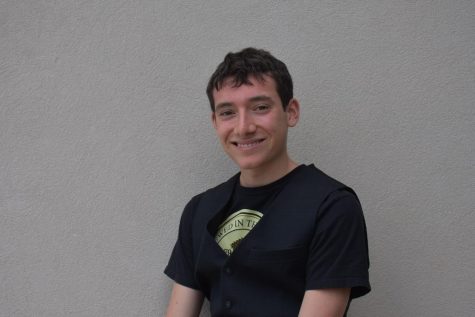Since the government shutdown began on Dec. 22, 2018, stories regarding furloughed employees, congressional non-starters, and disaffected TSA and Air Traffic controllers have only grown. This shutdown has suspended the salary of over 800,000 employees of the federal government.
Well-known federal public facilities like the Yellowstone National Park and the Smithsonian Museums are the chief examples of the dispiriting consequences of the shutdown. Countless smaller national parks and museums have also closed. As such, citizens like William Anderson, the uncle of senior Annika Anderson, have had to be suspended without pay.
“He’s a park ranger, so he’s currently … taken up a part-time job.” Anderson said. “He works at [Interstate State Park in] St. Croix Falls in Wisconsin … [which is] currently completely walled off because [park managers] feared people would vandalize the property.”
While Mr. Anderson is currently able to moonlight (work at a second job in addition to one where a person may be underemployed or laid-off), many Trinity students have parents who contract out to the government. The lack of incoming funds can make it difficult for work to progress for these employees, even if they are not technically furloughed. One such employee is the mother of sophomore Gabrielle Matusiak. Mrs. Matusiak contracts out to the Federal Aviation Administration.
“For a day or two she didn’t have any work but luckily she found work in this other project,” Matusiak said.
Senior Zev Karve’s mother also privately contracts out to the federal government by working as a consultant to help people in India receive visas to immigrate to the United States. Now that the government is shut down, her company has to continue working without a salary or commission, as none of the visas are being processed.
“She’s in India right now working, it’s just that none of her work for the moment is coming to fruition … If someone were to approach her and say ‘I would like a visa,’ they couldn’t get it until after the shutdown ends,” Karve said.
The indefinite nature of this shutdown has created a level of underlying stress for Zev and his family.
“In the past couple of years we weren’t worried then because we thought ‘It will get fixed,’ but with this, Trump has even come out and said he’s fine with it.” Karve said. “Right now [my mom] feels uneasy about the future, but she’s not worried. She’s in the middle-ground between happy and worried.”
People who aren’t employed by the government, be it directly or indirectly, are negatively affected as well. Science Teacher Emily Massey-Burmeister and Social Studies Teacher Brandon Burmeister attempted to visit the Women’s Declaration of the Rights and Sentiments at Seneca Falls, New York over Christmas break. They were in the town to attend Brandon Burmeister’s sister’s wedding and thought it would be an informative experience to see the original copy of the document, only to learn the exhibit was closed.
“We get there, and on the front of the place was this piece of paper saying ‘Due to federal appropriations because of the government shutdown, you can’t enter,’” Brandon Burmeister said. “It was a total bummer. When else are we going to be in Seneca Falls? Never.”
While they both said they were annoyed at having to replot their day, the closure of the exhibit caused Emily Massey-Burmeister to reflect on a greater issue for her.
“The unfortunate thing about the shutdown is that people … plan to go to [places like] Yellowstone, and they save up money to go to Joshua Tree [National Park], and then they get there and they’re like ‘Oh, I can’t go’ or ‘Oh, parts of it aren’t open,’” Massey-Burmeister said.
The shutdown ended on Jan. 25 after 35 days — the longest shutdown in U.S. history. The scars left by the closure of the agencies still remain. According to Dareh Gregorian of NBC News, the closure of the government generated an estimated $11 billion in lost revenues. 3 billion of that lied in potential economic growth from consumer purchases which was stymied by the economic uncertainty surrounding the shutdown. The verdict is still out whether the potential second closure of the government on Feb. 15 will create similar consequences.















